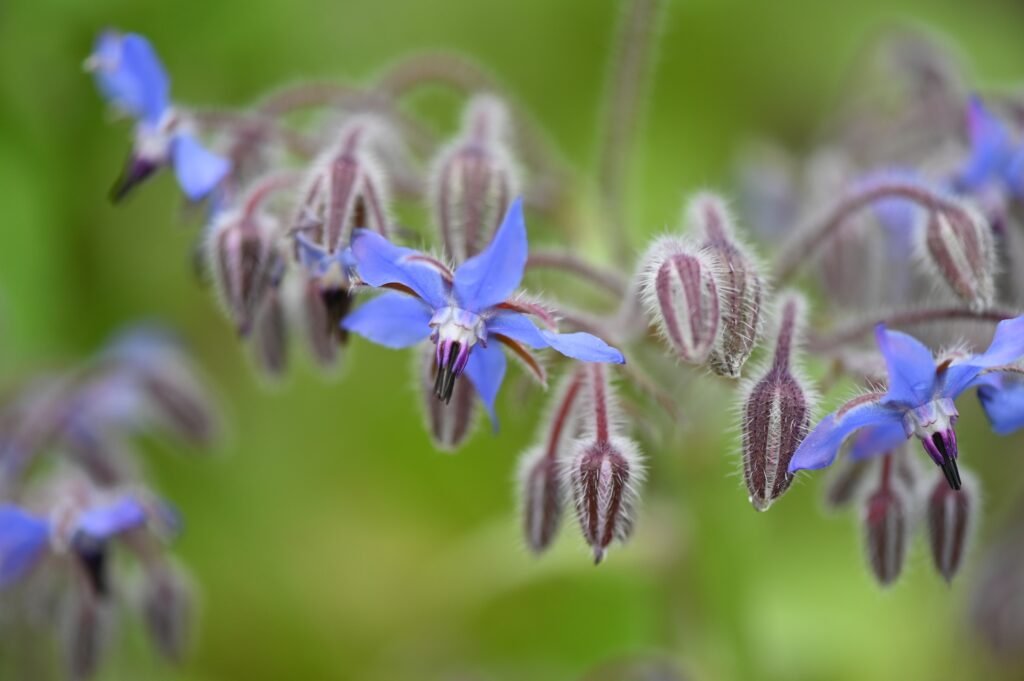Mindfulness is the basic human ability to be fully present, aware of where we are and what we’re doing, and not overly reactive or overwhelmed by what’s going on around us. While mindfulness is something we all naturally possess, it’s more readily available to us when we practice on a daily basis.
Whenever you bring awareness to what you’re directly experiencing via your senses, or to your state of mind via your thoughts and emotions, you’re being mindful. And there’s growing research showing that when you train your brain to be mindful, you’re actually remodeling the physical structure of your brain. The goal of mindfulness is to wake up to the inner workings of our mental, emotional, and physical processes.
Meditation has a history that goes back thousands of years, many meditative techniques began in Eastern traditions. The term “meditation” refers to a variety of practices that focus on mind and body integration and are used to calm the mind and enhance overall well-being.
Some types of meditation involve maintaining mental focus on a particular sensation, such as breathing, a sound, a visual image, or a mantra, which is a repeated word or phrase. Other forms of meditation include the practice of mindfulness, which involves maintaining attention or awareness on the present moment without making judgments.
Five benefits to meditation:


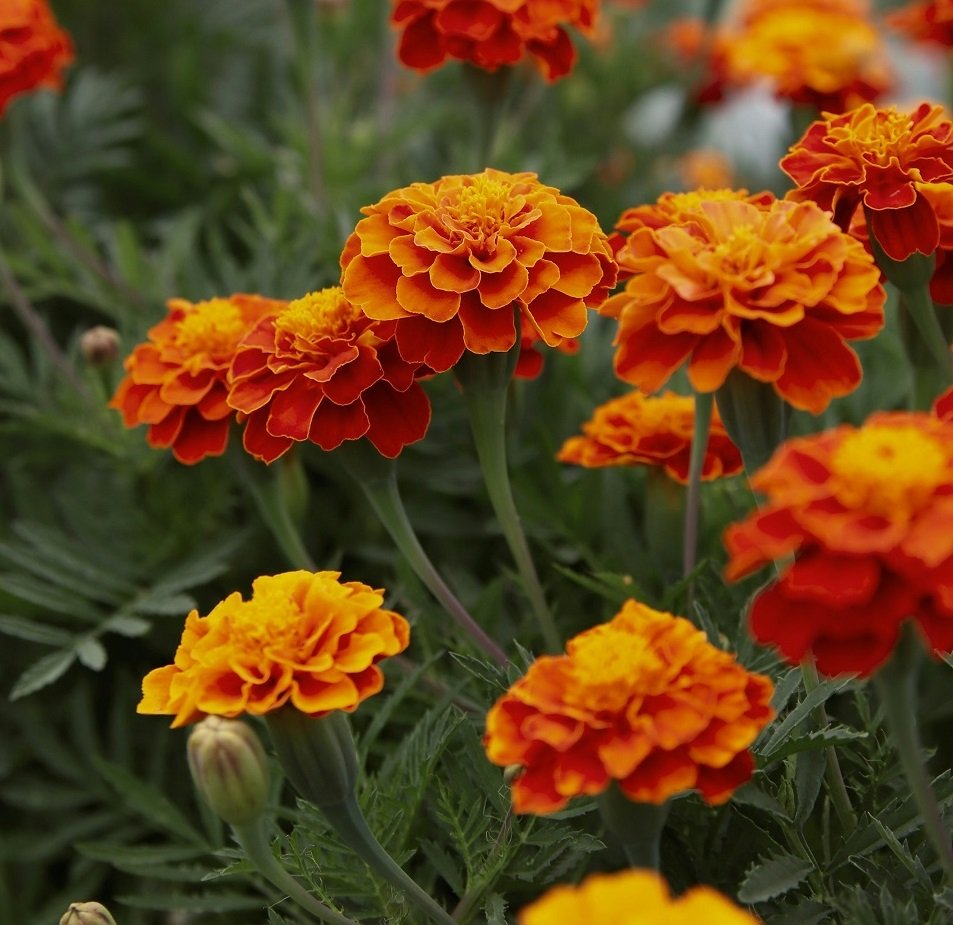
Some studies suggest that consuming lavender as a tea can help digestive issues such as vomiting, nausea, intestinal gas, upset stomach, and abdominal swelling.
In addition to helping with digestive problems, lavender is used to help relieve pain from headaches, sprains, toothaches, and sores. It can also be used to prevent hair loss.

Not only can the leaves, roots, and flowers add color to your plate, but they’re also often found in herbal teas and supplements.
They can be used as a natural remedy to support blood sugar management and boost skin, liver, and heart health. You'll never look at dandelions the same again!
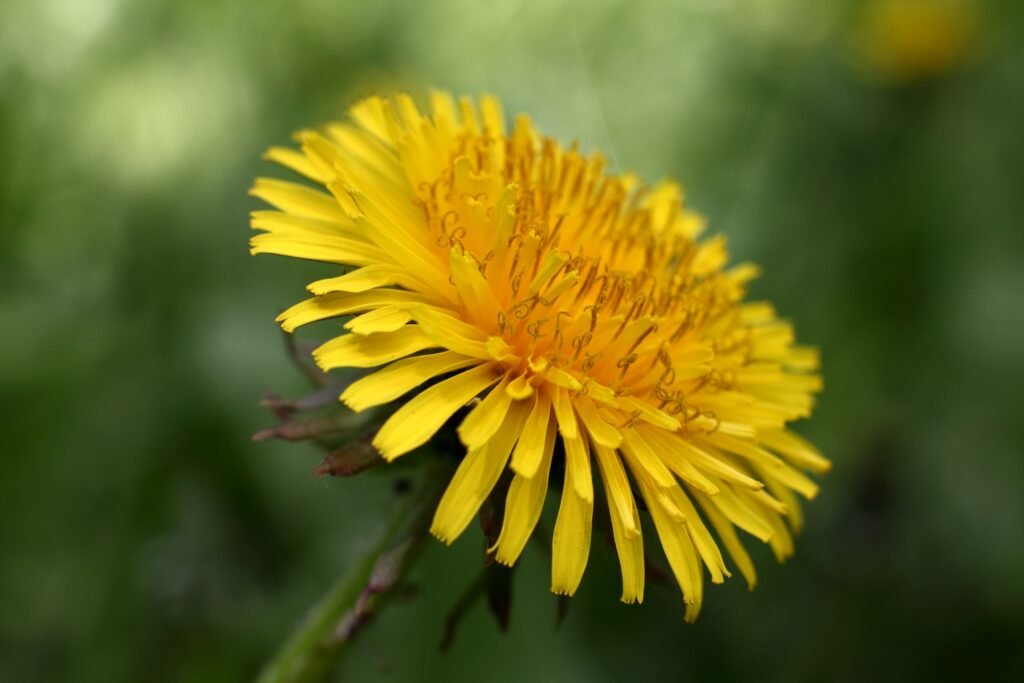
Chamomile can be taken internally as tea for minor digestive problems. It can be used as an aromatic, anti-inflammatory, antispasmodic, carminative (digestive aid), and de-stressing nervine.
Externally it has been used in hair wash, hair dyes, and for sore skin or eczema. Chamomile is probably the most well-known plant used as a nervine tonic, helping to relieve stress and tension.
One recent study confirmed it’s safe for long-term use and that it also shows potential in anticancer treatments.
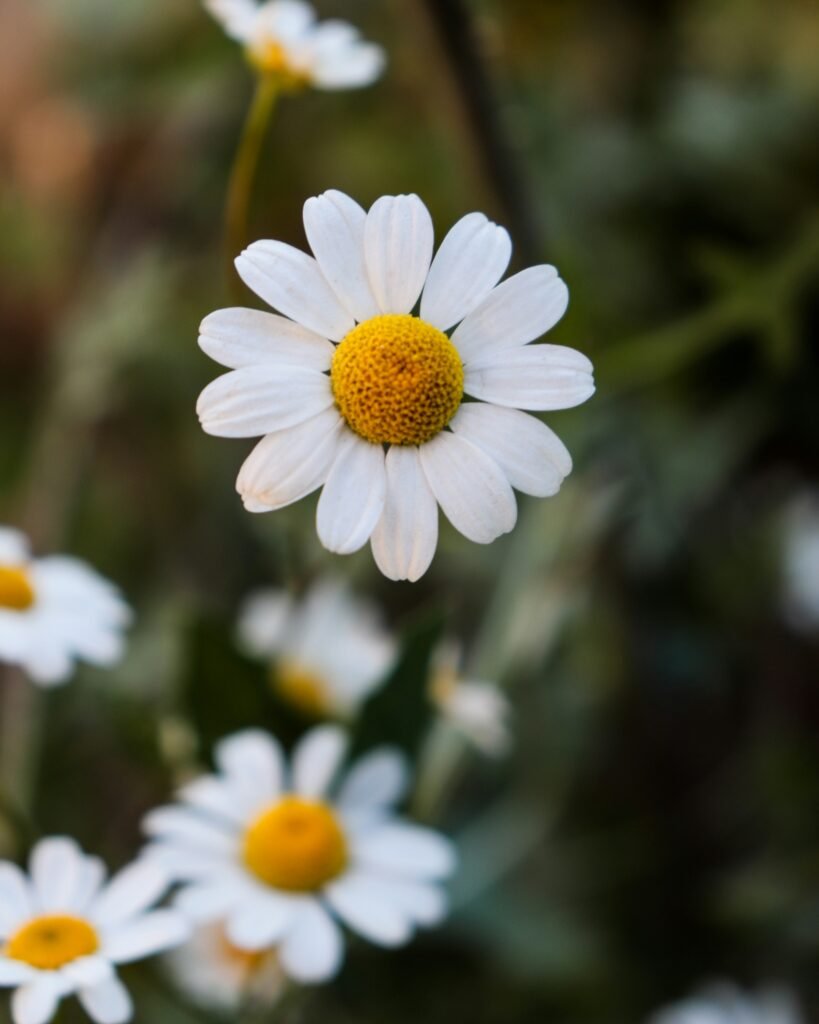
Studies suggest that it may reduce inflammation, hay fever symptoms, blood pressure, and blood sugar levels, among other benefits.
While fresh stinging nettle may cause irritation, cooked, dried, or freeze-dried stinging nettle is generally safe to consume.
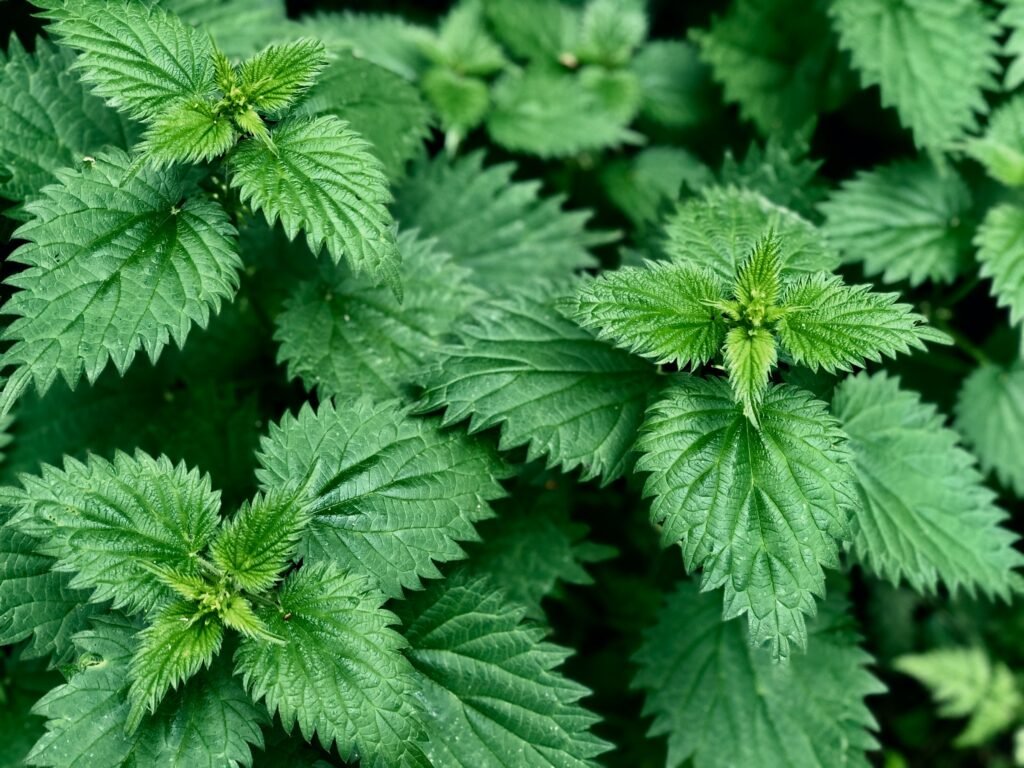
It is associated with several health benefits: reducing inflammation, improving skin health, decreasing symptoms of asthma, bone strengthening, treatment of bronchitis, and many more.
